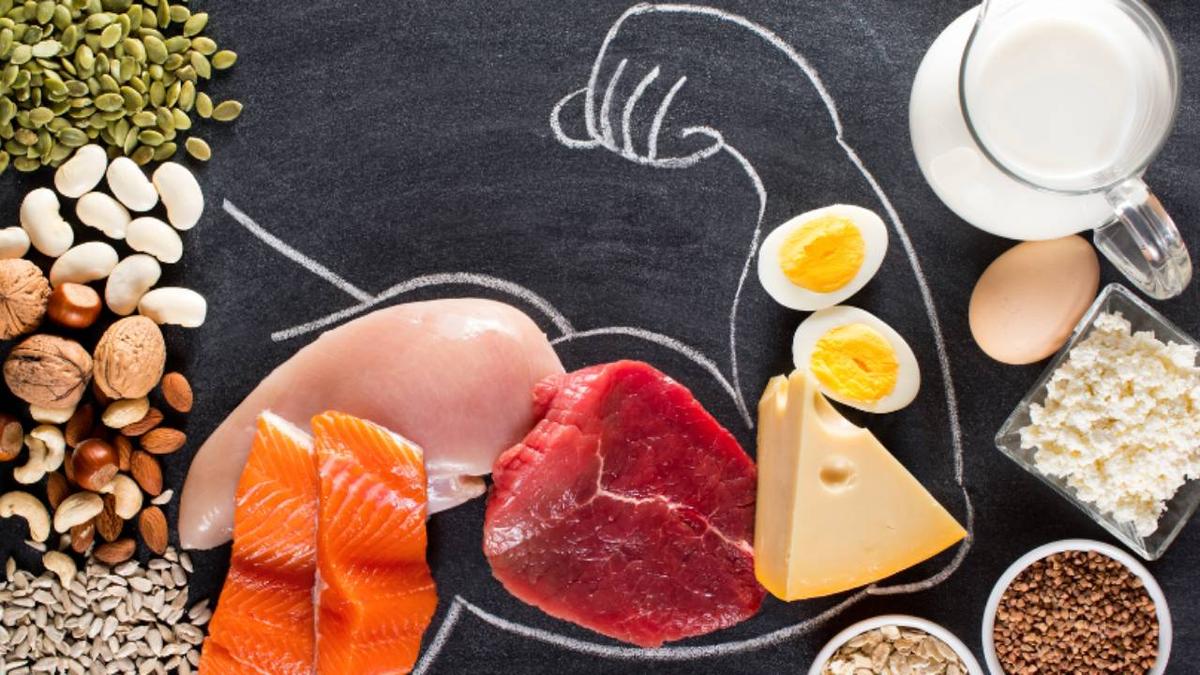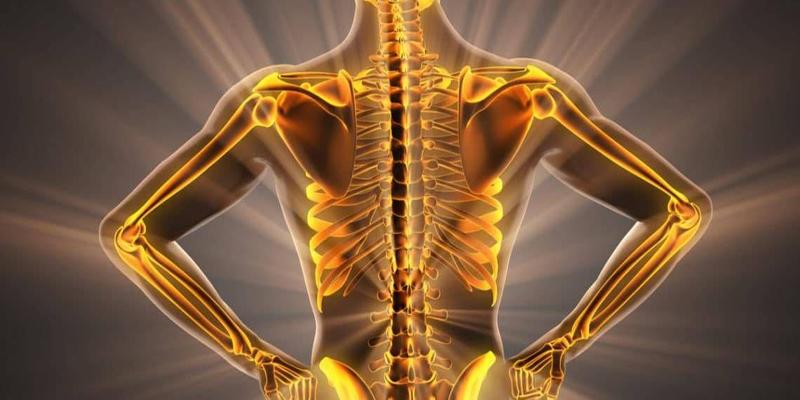Strength Training for Bone Health: Why Menopausal Women Need Protein

Menopause brings many changes, but one of the most significant is the impact on bone and muscle health. With declining oestrogen levels, women become more vulnerable to osteoporosis and sarcopenia (age-related muscle loss). Strength training is one of the most effective ways to support bone density and muscle mass, but it needs to be paired with adequate nutrition—especially protein.
The Role of Strength Training in Bone Health
Weight-bearing and resistance exercises stimulate bone-building cells, helping to maintain and even improve bone density. Lifting weights, using resistance bands, or engaging in bodyweight exercises like squats and push-ups place controlled stress on bones, prompting them to adapt and become stronger. Strength training also enhances balance, coordination, and overall physical function, reducing the risk of falls and fractures.
Why Protein Matters
Muscle and bone health go hand in hand, and protein plays a crucial role in both. After menopause, muscle protein synthesis slows down, meaning the body becomes less efficient at using protein to repair and build muscle. Without enough dietary protein, strength training may not yield optimal benefits, and muscle loss can continue.
Protein also supports bone health directly, as bones are made up of collagen (a protein matrix) that provides structural integrity. Research suggests that higher protein intake is associated with better bone density, especially when combined with resistance training.
How Much Protein Do You Need?
The recommended daily intake of protein for the general adult population is around 0.8g per kilogram of body weight, but menopausal women engaged in strength training likely need 1.2–2.0g per kilogram to support muscle maintenance and repair. For example, a woman weighing 65kg may need 78–130g of protein per day.
Best Protein Sources for Menopausal Women
To optimise muscle and bone health, aim for high-quality protein sources spread throughout the day:
- Animal-based proteins: Lean meats, poultry, fish, eggs, Greek yoghurt, cottage cheese
- Plant-based proteins: Lentils, beans, tofu, tempeh, quinoa, nuts, seeds
- Protein supplements: Whey or plant-based protein powders can be useful for those struggling to meet their intake through whole foods
Timing Matters: Distribute Protein Throughout the Day
Instead of consuming most of your protein in one meal, aim for a ‘bolus’ amount of 30g per meal to maximise “muscle protein synthesis”. This could look like:
- Breakfast: Greek yoghurt with protein powder, nuts and seeds (30g)
- Lunch: Grilled chicken or tofu salad with quinoa (30g)
- Afternoon snack: Protein smoothie with almond butter (25g)
- Dinner: Salmon or lentil stew with whole grains (30g)
The Key Takeaway
Strength training is a non-negotiable for maintaining bone health in menopause, but it needs to be supported by adequate protein intake. Ensuring you get enough high-quality protein, spaced throughout the day, will help you preserve muscle mass, strengthen bones, and stay strong and active for years to come.



